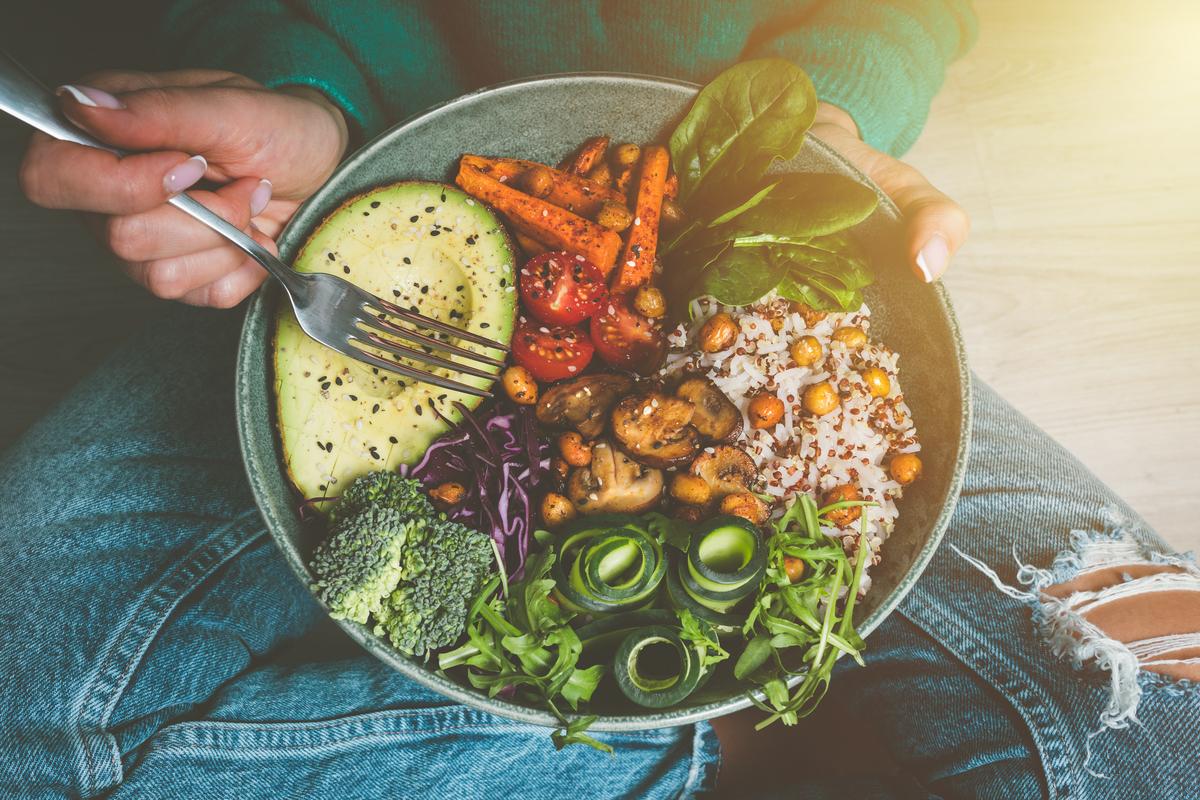
In the world of health and wellness, one timeless piece of advice stands out: eat more plants. As we approach the new year—a time when many are reassessing their health goals—it’s worth exploring why incorporating more plant-based foods into your diet can have a transformative impact on both physical and mental health.
From reducing the risk of chronic disease to boosting energy and mood, the benefits of a plant-forward diet are well-documented. “Eating more plants doesn’t mean cutting out everything else,” explains Dr. Kelly Holes-Lewis, Director of Psychiatry at Modern Minds. “It’s about adding variety, color and nutrients to your meals in a way that supports your overall wellbeing.”
The Science Behind the Power of Plants
Plants provide essential nutrients that fuel your body and mind. By increasing your intake of fruits, vegetables, legumes, whole grains, and nuts, you can reap numerous health benefits:
Practical Tips for Adding More Plants to Your Diet
“Transitioning to a plant-forward lifestyle doesn’t mean giving up your favorite meals. It’s about making small, intentional changes that add up over time,” says Dr. Holes-Lewis .
Recipe: Simple Buddha Bowl
For a nutritious and easy way to add more plants to your meals, try this recipe:
Ingredients:
Instructions:
A Simple Step Toward Long-Term Wellness
Adding more plants to your plate is one of the simplest ways to enhance your health and wellbeing. It’s not about perfection, but about progress. Even small changes—like adding a handful of spinach to your smoothie or replacing one meal a week with a plant-based option—can make a big difference.
“Plants are a foundation of good health,” says Dr. Holes-Lewis. “By focusing on what you can add to your diet, rather than what you need to take away, you’re setting yourself up for sustainable, long-term success.”
If you are looking for support in achieving your health goals in 2025 Modern Minds can help! Fill out this form to get started https://modern-minds.com/lets-talk/ or give us a call at 843-531-9036.
Let's Talk